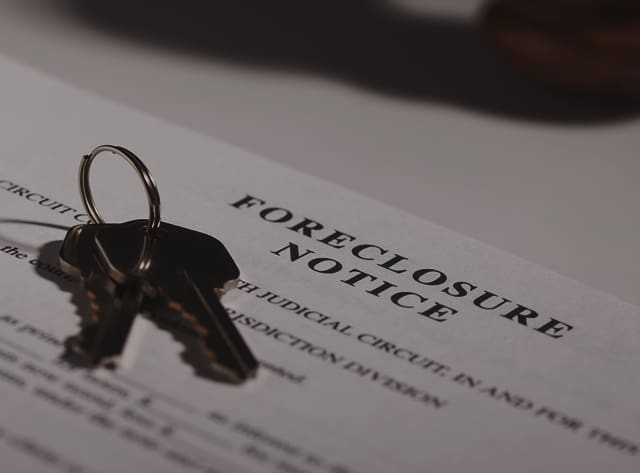Navigating the complexities of foreclosure properties can be daunting for many real estate agents. Foreclosure properties often present unique opportunities for both investors and homebuyers looking for a deal. However, these opportunities come with their own set of challenges, including legal intricacies, property condition issues, and competitive bidding scenarios. To successfully navigate these waters, it’s essential to have a solid understanding of the foreclosure process and the potential pitfalls you may encounter. This foundational knowledge will empower you to better serve your clients and secure profitable deals.
Identifying Potential Foreclosure Opportunities
One of the first steps in dealing with foreclosure properties is identifying potential opportunities. This involves diligent research and staying updated with listings from various sources such as multiple listing services (MLS), bank websites, and public records. Additionally, networking with other real estate professionals and attending foreclosure auctions can provide valuable leads. Understanding the local market trends and foreclosure rates in your area will help you pinpoint where the best opportunities lie. By keeping your finger on the pulse of the market, you can identify properties with high potential returns.
Assessing the Condition of Foreclosure Properties

Foreclosure properties are often sold “as-is,” meaning they may require significant repairs and renovations. As a real estate agent, it’s crucial to conduct thorough inspections to assess the condition of these properties. Collaborate with trusted home inspectors and contractors to get accurate estimates of the necessary repairs and their costs. This will not only help you provide realistic advice to your clients but also allow you to negotiate better deals. Keep in mind that the condition of the property can significantly impact its market value and the overall profitability of the investment.
Navigating Legal and Financial Complexities
The legal and financial aspects of foreclosure properties can be particularly complex. Each state has its own foreclosure laws and procedures, so it’s essential to familiarize yourself with the specific regulations in your area. Working with experienced real estate attorneys and financial advisors can help you navigate these complexities more effectively. Understanding the timelines, bidding processes, and potential liens or encumbrances on the property will protect your clients from unforeseen legal issues. Additionally, securing financing for foreclosure properties can be challenging, so having a network of reliable lenders is advantageous.
Strategies for Successful Foreclosure Transactions

Successful transactions of foreclosure properties require strategic planning and execution. This includes setting realistic expectations with your clients regarding timelines and potential obstacles. Develop a step-by-step plan that outlines the entire process from property identification to closing the deal. Effective communication with all parties involved, including sellers, buyers, attorneys, and lenders, is key to ensuring a smooth transaction. Additionally, being prepared to act quickly in competitive situations can give you an edge over other buyers. By implementing these strategies, you can increase the likelihood of successful foreclosure transactions.
Navigating the complexities of foreclosure properties requires a comprehensive approach that combines market knowledge, property assessment skills, legal and financial expertise, and strategic planning. By equipping yourself with these essential tools, you can effectively guide your clients through the process and capitalize on the unique opportunities that foreclosure properties offer. As a real estate agent, mastering the intricacies of foreclosures will enhance your professional portfolio and contribute to your overall success in the industry.
#ForeclosureProperties #RealEstateAgents #PropertyInvestment #RealEstateTips #ForeclosureInvesting
